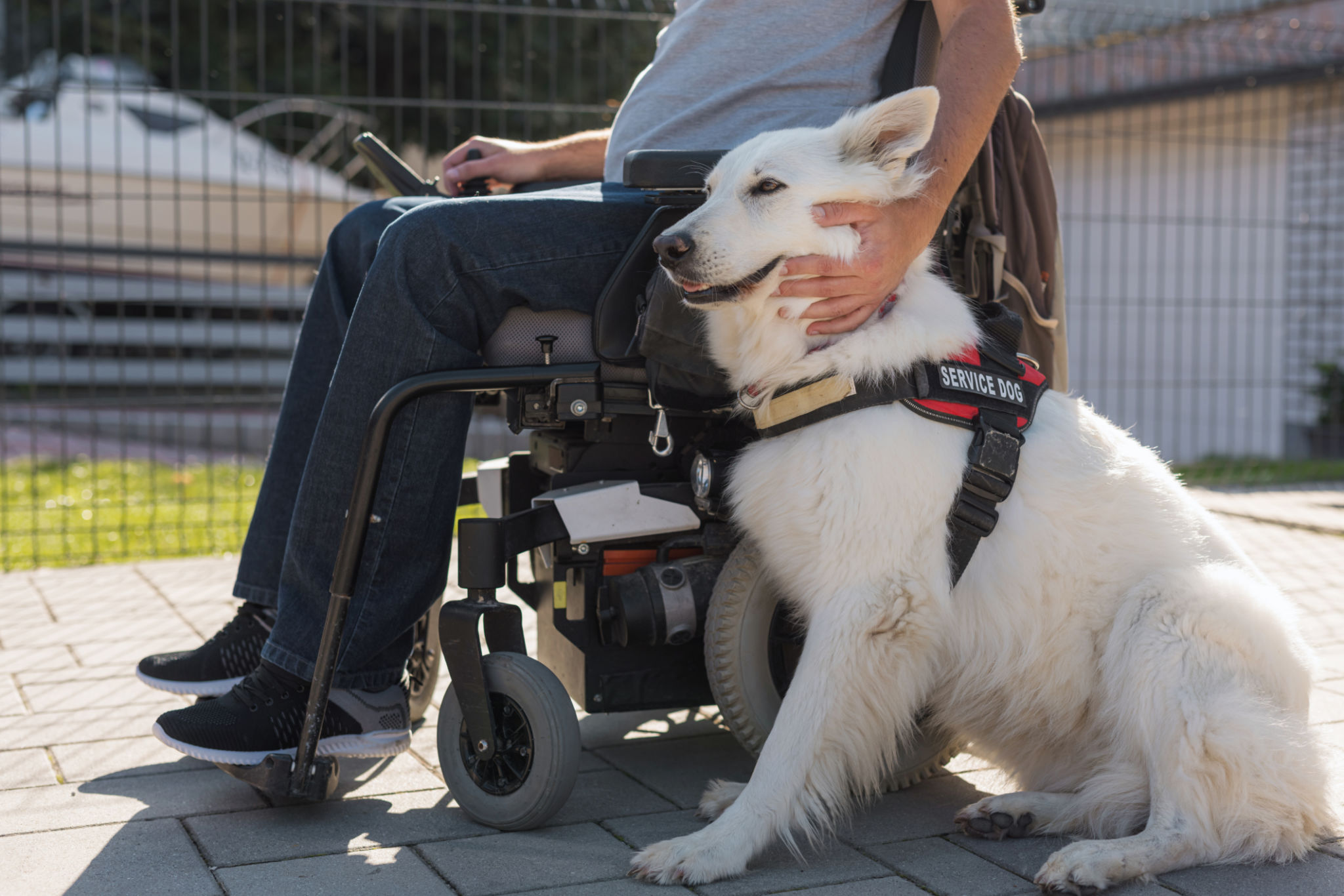Top Myths About Psychiatric Service Dog Certification Debunked
Understanding Psychiatric Service Dogs
Psychiatric service dogs are specially trained animals that assist individuals with mental health issues like anxiety, depression, PTSD, and more. Despite their growing presence, there are numerous myths surrounding their certification and use. Let's debunk some of these common misconceptions.

Myth 1: All Service Dogs Require Certification
One prevalent myth is that psychiatric service dogs require official certification. In reality, the Americans with Disabilities Act (ADA) does not mandate any certification for service dogs. They must be trained to perform specific tasks related to the handler's disability but do not require a formal certificate to validate their status.
Myth 2: Emotional Support Animals and Service Dogs Are the Same
Confusion often arises between psychiatric service dogs and emotional support animals (ESAs). While both provide comfort, only service dogs receive training to perform specific tasks to assist their owner’s disability. ESAs offer emotional support but are not trained for specific tasks and do not have the same public access rights as service dogs.

Myth 3: Any Dog Can Be a Psychiatric Service Dog
Though any breed can potentially become a service dog, not every dog is suitable for this role. Psychiatric service dogs require rigorous training to ensure they can perform tasks effectively and behave appropriately in public settings. This training is often intensive and may not be possible for all dogs.
Myth 4: Service Dogs Are Only for Physical Disabilities
Service dogs are not limited to individuals with physical disabilities. Psychiatric service dogs play a crucial role in supporting those with mental health challenges by performing tasks like interrupting harmful behaviors or providing grounding during anxiety attacks. Their presence is vital for many people living with invisible disabilities.

Myth 5: Psychiatric Service Dogs Are Always on Duty
While psychiatric service dogs are trained to assist their handlers, they are not working constantly. Like any other working dog, they need time for rest, play, and regular care. It's essential to respect their downtime to ensure they are happy and healthy companions.
Myth 6: It Is Easy to Spot a Psychiatric Service Dog
Unlike guide dogs for the visually impaired, psychiatric service dogs may not wear a vest or have any visible identifiers. This lack of uniformity often leads to misunderstandings or disbelief about their role. Handlers are not required by law to provide proof of their dog's status when entering public spaces.

Conclusion
Understanding the truths about psychiatric service dog certification helps in promoting awareness and respect for these invaluable companions. By dispelling these myths, we can better appreciate the vital role they play in supporting mental health and improving the quality of life for many individuals.